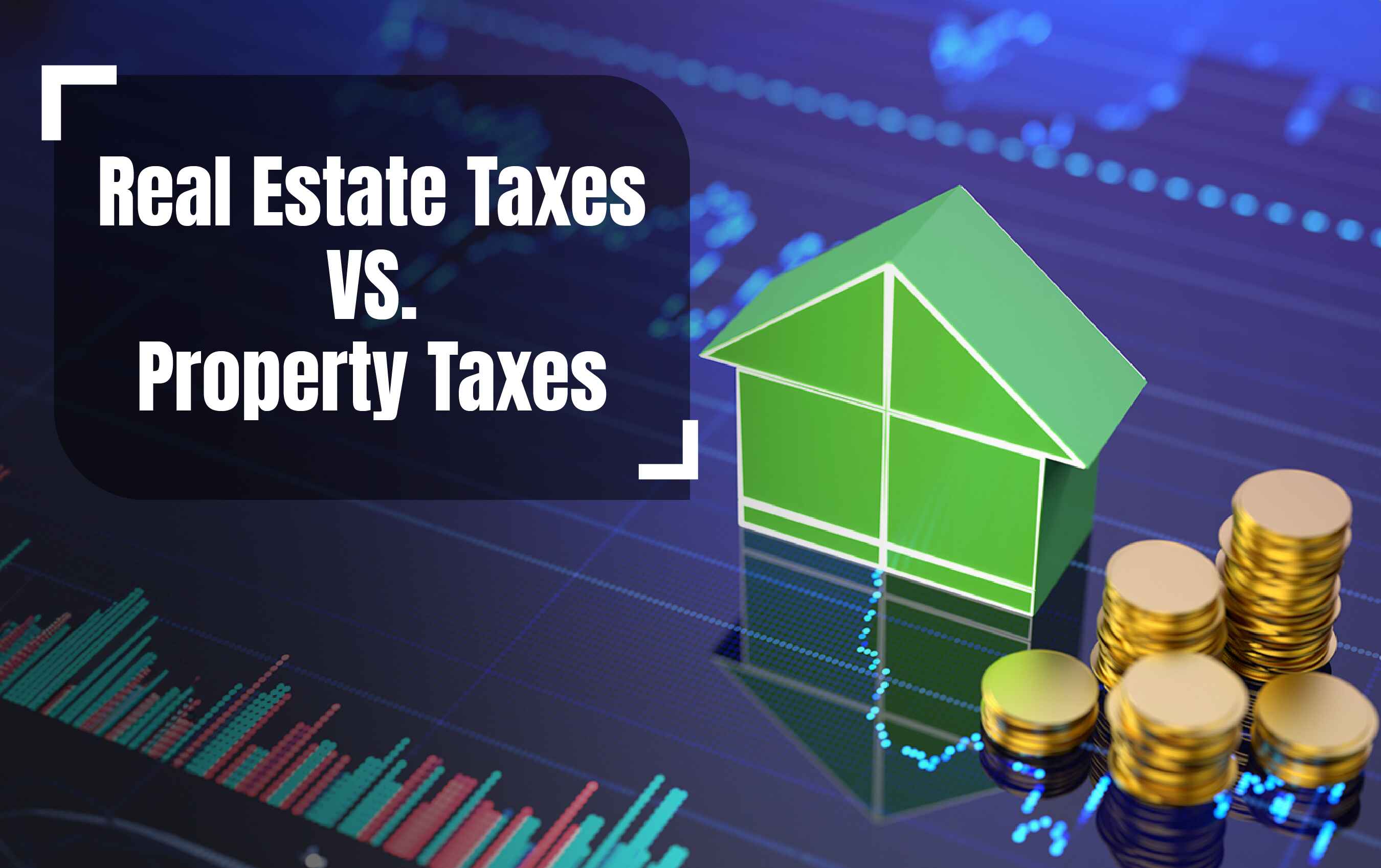
Real estate taxes, or property taxes, are levied on real property, including land, buildings, and permanent fixtures attached to the land. Local governments impose these taxes based on the property’s assessed value. The valuation process typically involves appraisal by local assessors to determine the property’s fair market value.
Calculation of Real Estate Taxes
The calculation of real estate taxes varies by jurisdiction but generally involves multiplying the property’s assessed value by the local tax rate. This rate can vary significantly depending on the location and the specific taxing authorities involved. Property tax bills are issued annually or semi-annually. They are a significant source of revenue for local governments to fund public services such as schools, roads, and emergency services.
Payment of Real Estate Taxes
Real estate taxes are the responsibility of the property owner. Failure to pay property taxes can result in penalties, interest charges, and, in some cases, the initiation of foreclosure proceedings by the taxing authority. Property owners are advised to stay informed about tax assessment changes and payment deadlines to avoid any potential penalties.
Read more: Stock Market vs Real Estate: Finding the Best Investment for You
Understanding Personal Property Taxes
Unlike real estate taxes, which apply to land and buildings, personal property taxes are levied on individuals’ or businesses’ movable assets. These assets include vehicles, boats, aircraft, machinery, equipment, and other tangible goods used for business or personal purposes. The tax rate and assessment process for personal property taxes vary widely depending on the jurisdiction.
Calculation of Personal Property Taxes
Calculating personal property taxes involves determining the value of the taxable assets as of a specific assessment date. There are many factors to consider for this valuation, such as purchase price, age, condition, and depreciation of the assets. Tax rates for personal property can vary significantly by location and type of property, often lower than real estate tax rates.
Payment of Personal Property Taxes
Unlike real estate taxes, personal property taxes must be paid annually or semi-annually, depending on local regulations. Non-payment can lead to penalties and interest charges. Businesses and individuals should keep accurate records of their personal property holdings and be aware of deadlines and assessment procedures to ensure compliance with tax obligations.
Differences Between Real Estate Taxes and Personal Property Taxes
Taxable Assets
Real estate taxes apply to immovable property, such as land and buildings, whereas personal property taxes apply to movable assets, including vehicles, equipment, and other tangible goods.
Valuation Methods
Real estate taxes are based on the property’s assessed value, determined by local assessors, whereas personal property taxes are often based on the depreciated value of movable assets.
Tax Rates
Tax rates for real estate can vary widely based on location and local government policies, while personal property tax rates are generally lower and may vary by type of asset.
Ownership and Responsibility
Real estate taxes are the responsibility of property owners. Individuals or businesses owing taxable movable assets pay personal property taxes.
Conclusion
Understanding the distinction between real estate and personal property taxes is essential for property owners and taxpayers. While both types of taxes contribute to local government revenue, they apply to different types of assets and are subject to distinct assessment and payment procedures. Property owners should stay informed about their tax obligations and seek guidance from tax professionals or local taxing authorities to ensure compliance and avoid penalties.




